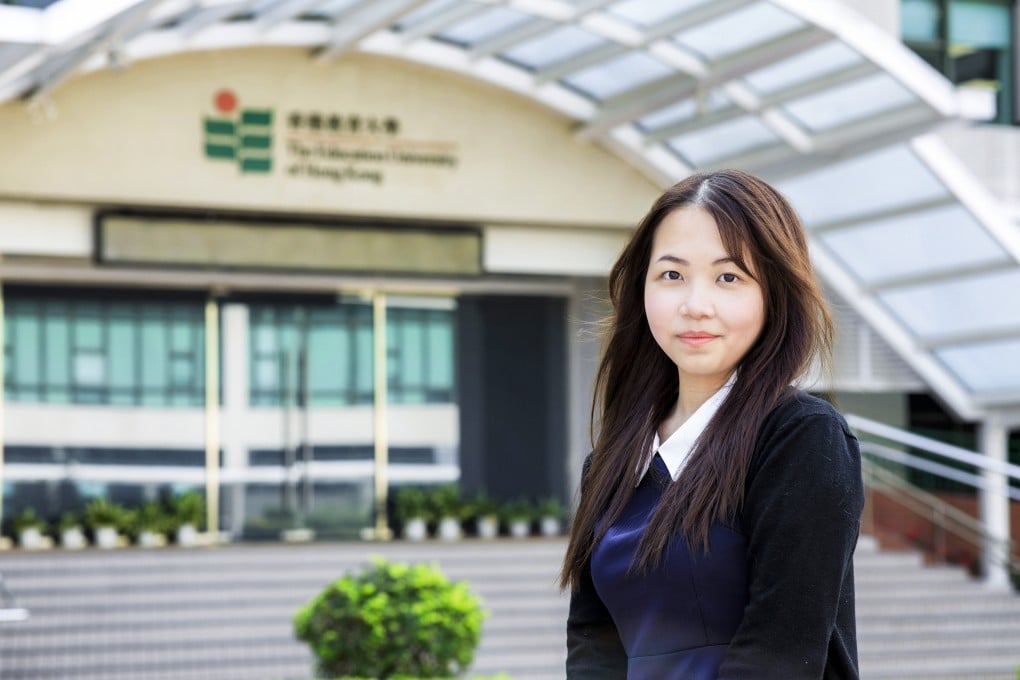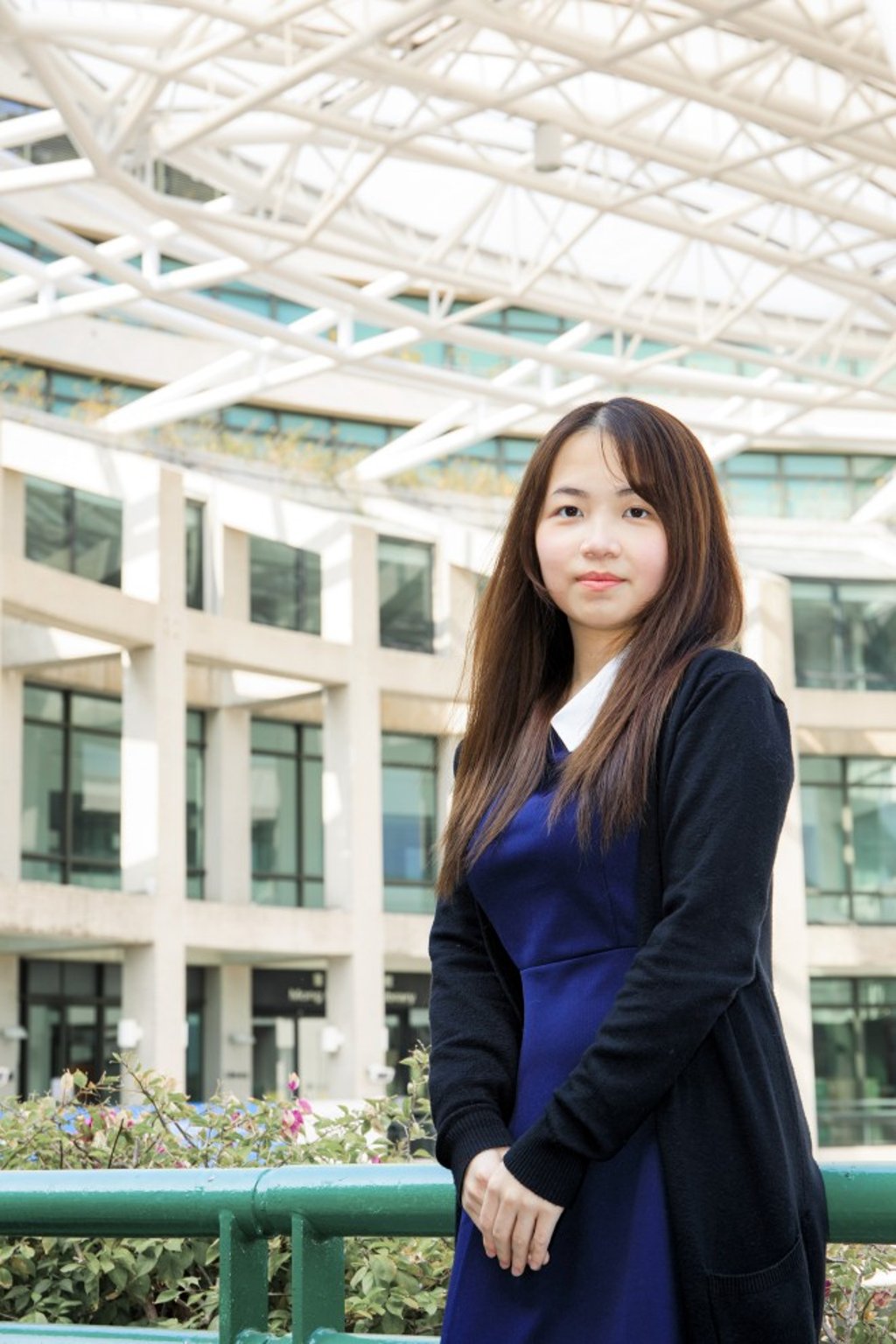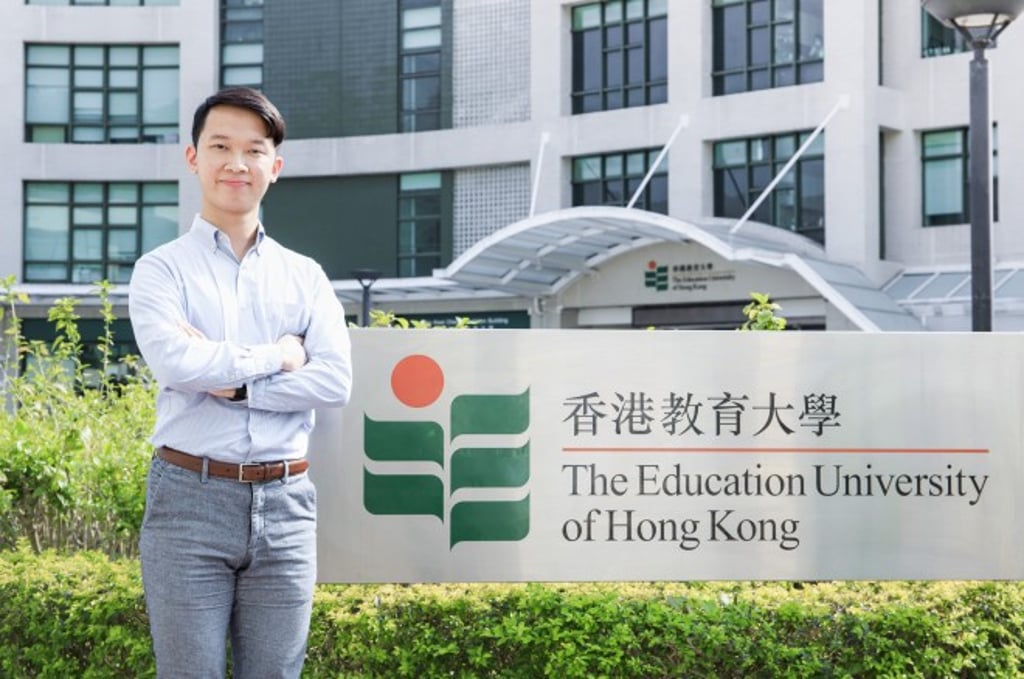Time abroad transforms students at Faculty of Humanities, EdUHK

[Sponsored Article]
Most students at the Faculty of Humanities of The Education University of Hong Kong are expected to spend time overseas as a key part of their undergraduate degrees.
These exchanges and immersion programmes, arranged at any one of more than 120 partner institutions, complement the more theoretical courses by providing hands-on learning, new cultural insights, and a wide range of different experiences. And though the day-to-day challenges of an unfamiliar environment can be a little daunting at first, dealing with them contributes in untold ways to each individual’s personal and intellectual development.
Jamie Law, who is now in the fourth year of a five-year double degree leading to a BA (Hons) in Language Studies and a BEd (Hons) (English Language), is a case in point. From January 2019, she spent a semester attached to Concordia University of Edmonton in Canada, where she took courses and had the chance to visit classes at elementary, junior high and senior high schools.
As a trainee teacher, it was instructive for her to observe the local education system in action and make comparisons with Hong Kong, especially in terms of relative class size, teaching styles, classroom settings and even seating arrangements.

“Students were ready to share their views on the system and the curriculum,” Law says. “I also realised that in Canada they really focus on their First Nations indigenous groups. That plays an important role there.”
Arriving in mid-winter, with outdoor temperatures at minus 30 degrees Celsius, Law’s first big challenge was simply staying warm. Assigned to a student hostel, she was one of only two “Asian faces” on campus, but was prepared to join in everything and, acting as an informal ambassador for Hong Kong, soon felt a genuine sense of international friendship.
“My memories are that everyone was really helpful,” she says. “At the beginning, I was a bit homesick, but these days we have the technology to keep in touch. Looking back, I can see I became more independent and certainly benefited from learning about different views and visions.”
Covid restrictions permitting, Law will also do a 10-week overseas immersion programme, possibly in Toronto or New Zealand, at some time in the next 18 months. Her current career plan is to teach English at primary level, an ambition which really took root during her first “block practice” teaching experience at a school in Yau Ma Tei.
“Beforehand, I was really worried about being responsible for a class of 30 young children and whether I was suitable for the job,” she says. “But I loved getting along with the kids, creating a relationship with them. And when they enjoy your lessons, that is unforgettable.”

He spent six months in Nur-Sultan, the capital of Kazakhstan, in the second half of 2019, where he worked on a voluntary basis as a communications officer for UNICEF. Originally nominated by the university and largely funded by the Hong Kong government, his job mainly involved promoting children’s rights and pitching to companies about action they could take.
“When I arrived, I couldn’t speak any Russian, so I took some beginners classes, and a local college helped me to rent an apartment,” Liu says. “Overall, I learned a lot about cooperation and how important it is to go out and explore.”
The work had no direct link with his education degree, but it allowed him to study up on other areas like public health and develop the type of soft skills needed to craft a persuasive message directed at a specific target audience.
Having to fend for himself in a less developed country was also a chance to reflect more deeply on issues like inequality and to consider which direction his future career should take.
“In Year 2, I did a course on philosophical and social issues in education and had numerous opportunities to visit international schools in Hong Kong,” Liu says. “That made me think about how inequality happens in education and what it means for kids and the community. I’ve since done research - and written a paper - on ethnic minorities in Hong Kong to see if they have the necessary resources to get into a university.”
Assuming things run smoothly, Liu intends to start work as an English teacher at a local secondary school later this year and feels well prepared for the challenges ahead.
“I taught writing one summer for a class in Tsing Yi and really enjoyed the interaction with students,” he says. “Besides theoretical subjects like phonetics and phonology, the university offers great courses on pedagogy for the classroom, so I’m now committed to being a teacher.”